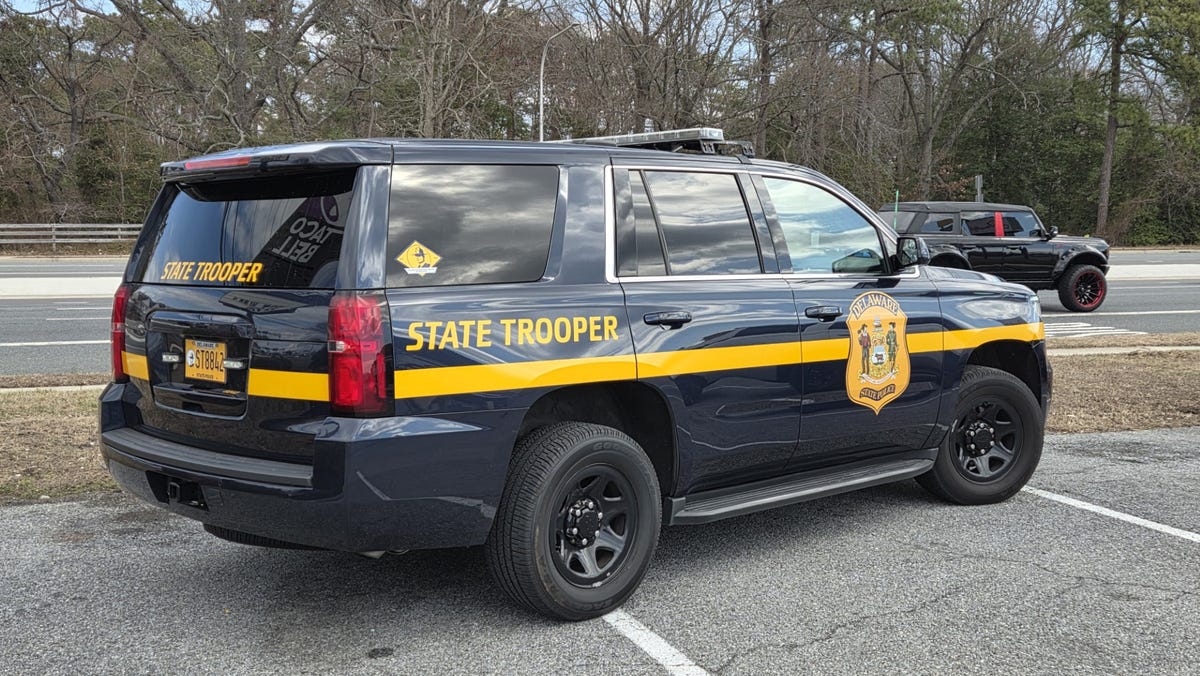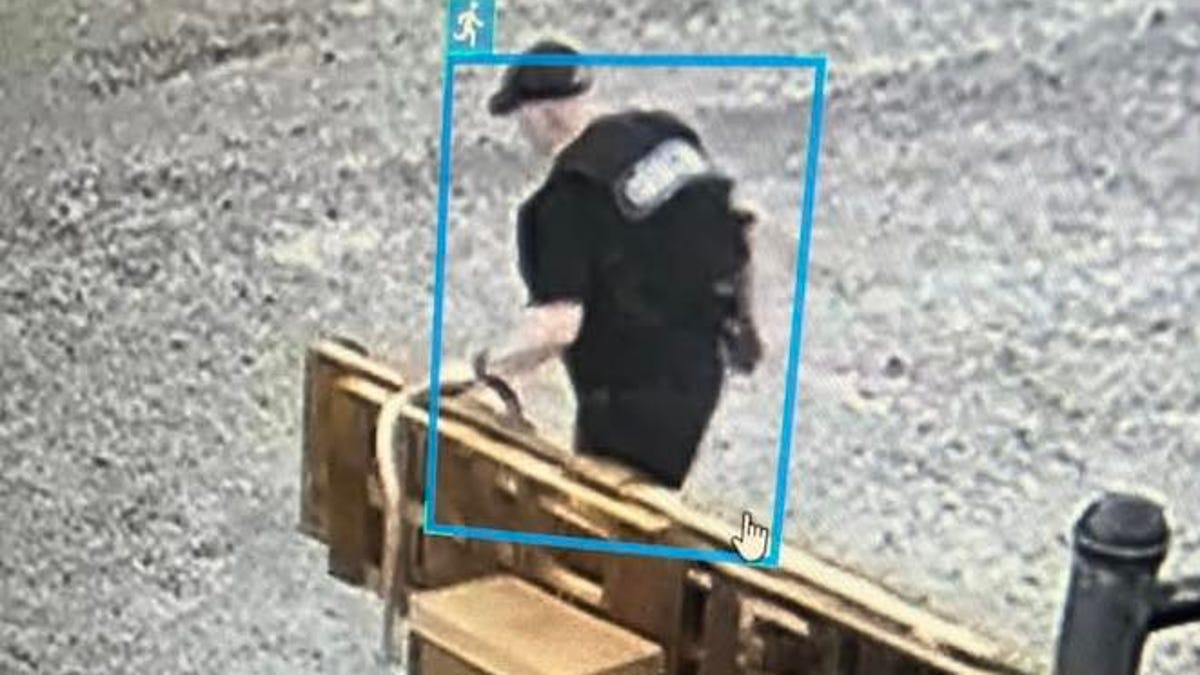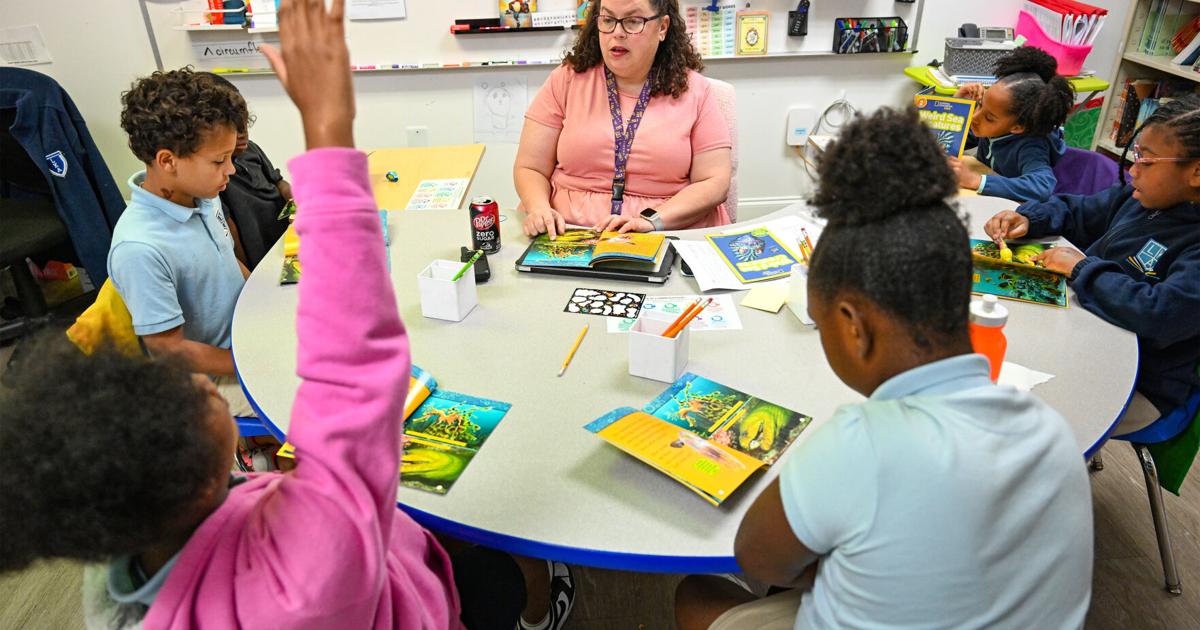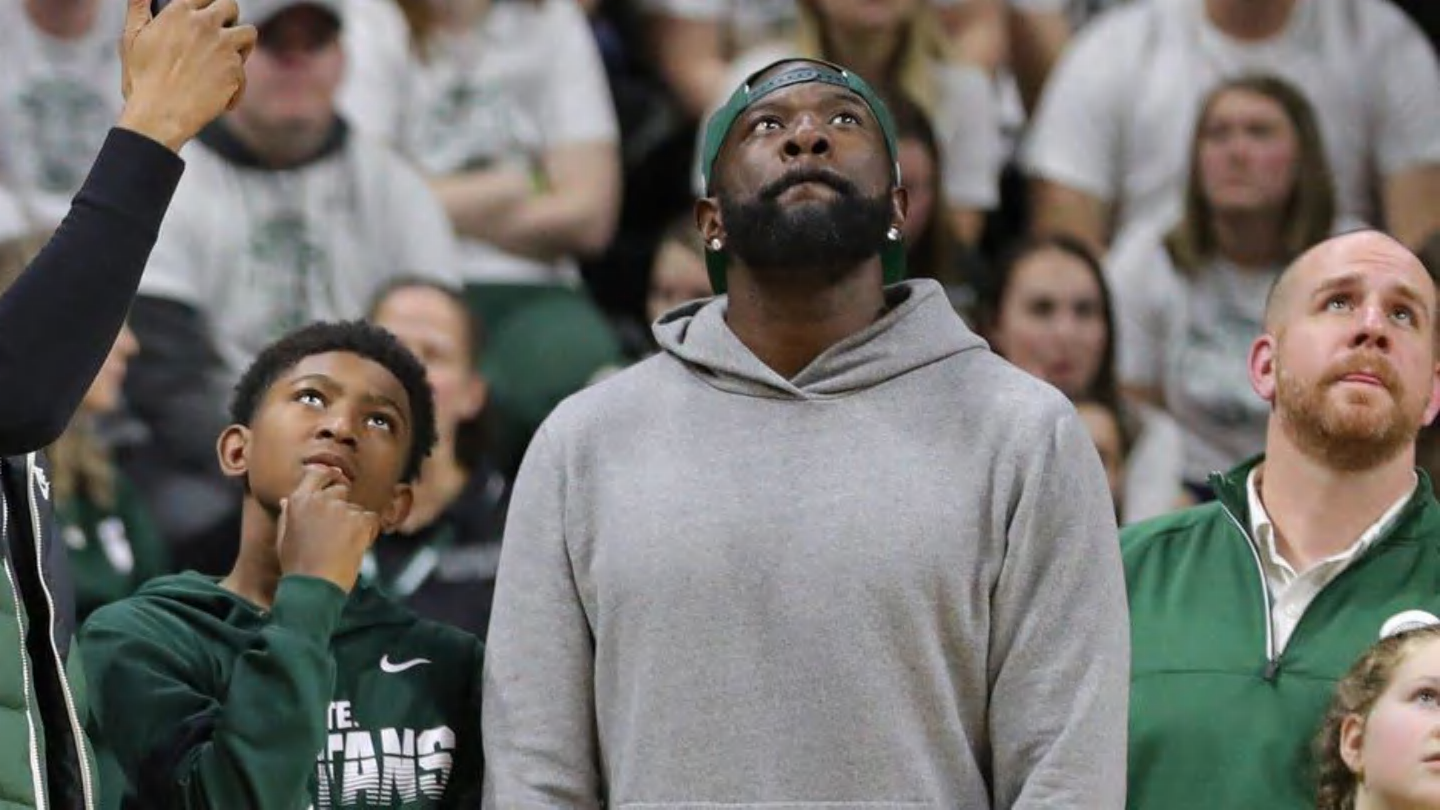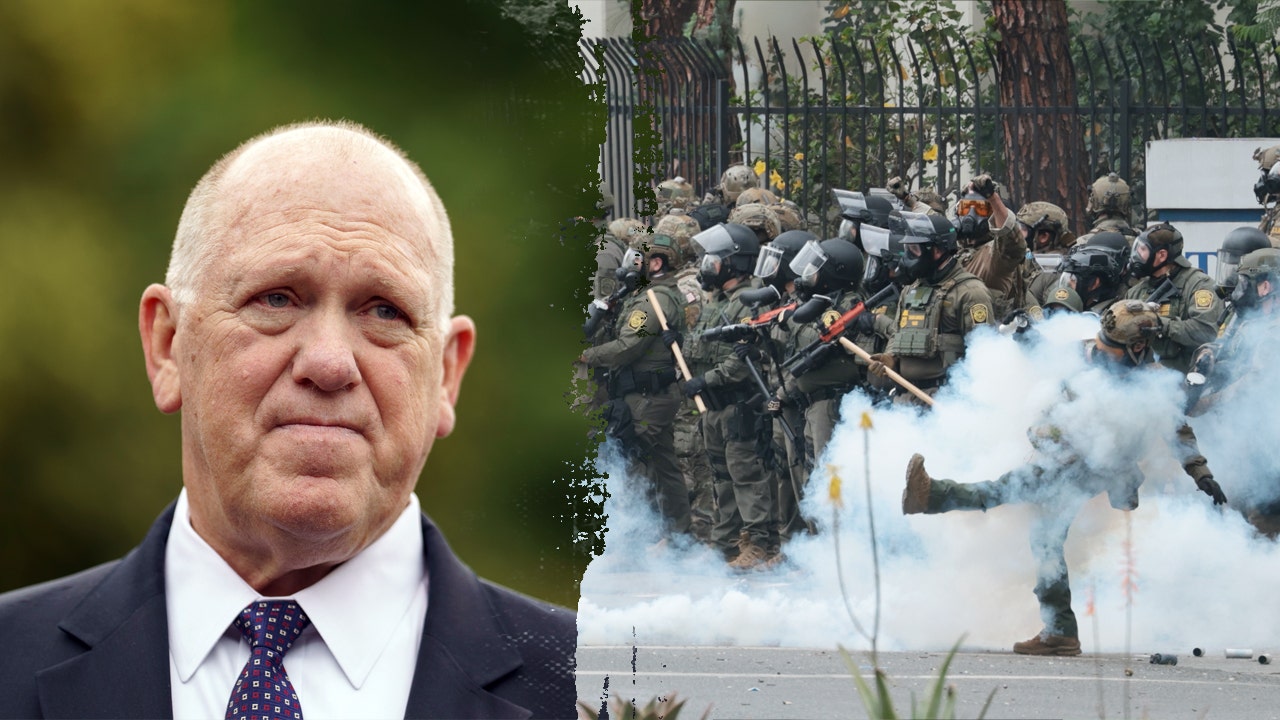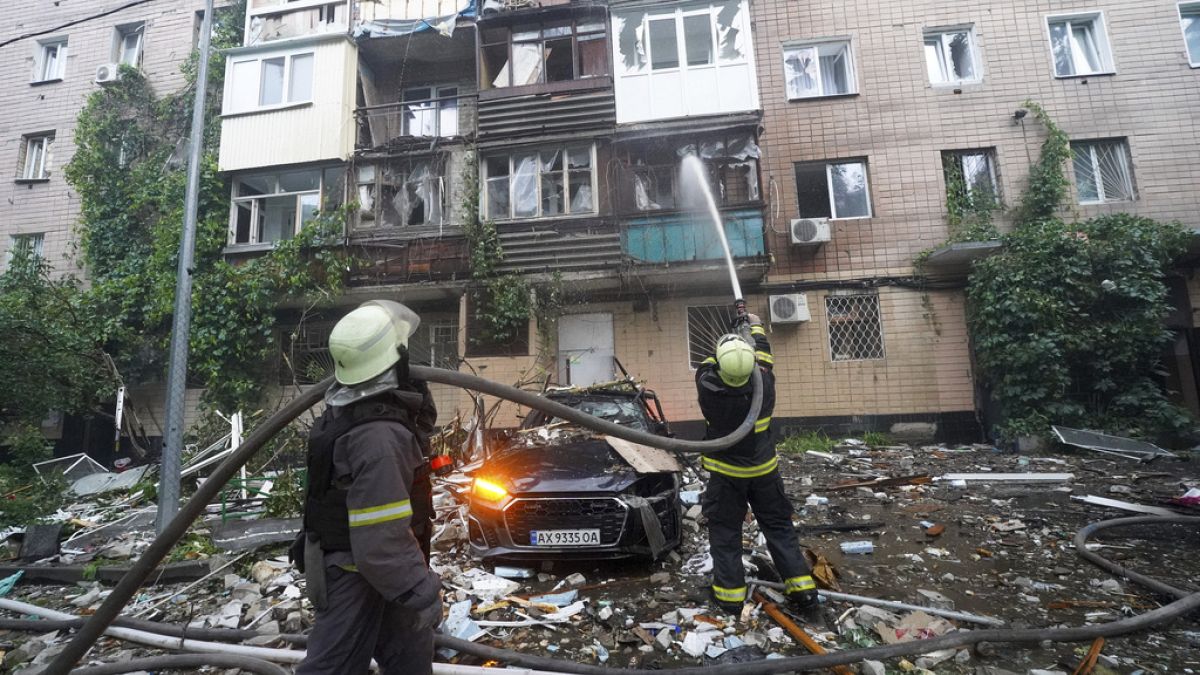North Carolina
‘Never get over the pain.’ Man who lost toddler to accidental shooting reacts to safety initiative

Tuesday, June 6, 2023 12:17AM
RALEIGH, N.C. (WTVD) — Gerald Givens Jr continues to grieve the loss of his family.
“I’ve lost seven family members from gun violence over my lifetime,” he said. “I just most recently lost my cousin who is 2 years old in October 2022 when he got access to his father’s firearm.”
On Monday, Governor Cooper announced the NC Safe Initiative, an effort aimed at safely storing weapons. The public will start seeing more social media and TV ads. His office has purchased 25,000 gun locks along with 200 safes. It costs $2.5 million dollars.
“In Durham, we had 331 guns stolen from vehicles. In that time period, when you go back and look at investigation from vehicles 60 percent of those vehicles were not even locked,” said William Lassiter with the NC Department of Public Safety.
“In 2022 here in Raleigh, 582 firearms were stolen from vehicles. Year to date, there have been 179,” said Chief Estella Patterson.
Law enforcement officials urge the public to remove the magazine and use a gun lock if your guns are left in the car. Over in Durham County, distributing gun locks has been part of a program in place for 20 years. Donna Rosser demonstrated how to use a gun lock.
DATA: ABC11 Neighborhood Crime Tracker
“Our partnership has actually distributed over 30,000 gun locks since 1999,” said Rosser.
Officials call gun violence a public health crisis. They will continue passing out gun locks to the community in hopes of keeping guns out of the hands of the wrong people.
“That pain is something you just never get over,” said Givens.
MORE STORIES
Rise in Wake County gunshot victims takes toll on doctors, EMS workers
RELATED | NC sees uptick in people looking to buy guns in wake of lawmakers’ repeal of pistol permit system
More than 5,400 NC children charged with weapon-related crimes in 2022
Copyright © 2023 WTVD-TV. All Rights Reserved.

North Carolina
Hiking to North Carolina in Torrential Rain – The Trek

I woke up in the shelter around 6 am but took some time getting out of my bed. I slept pretty badly last night and it felt like I had been awake half the night. Baby Feet told us that at some point last night he startled a mouse getting into Islan’s stuff and it ran right behind my pad to the corner by Honey and Moonie. As long as stuff like that happens when I’m asleep, I don’t care, it doesn’t exist to me! If I was awake I don’t know if I’d be able to fall back asleep.
I had a pretty ambitious plan for today to cross the border into North Carolina and do my first 15 mile day. The weather seemed like it would be pretty bad so I wasn’t sure if I could do it. As usual, everyone left the shelter before me. I was ready to go at 8:30, but I decided to stop at the privy last minute since it was pouring. Digging a cathole in the pouring rain didn’t seem like a fun idea. The rain continued in earnest and I moved as fast as I could. The side trail to get back to the AT was quite long and all uphill, and the rain made it a bit harder to navigate.
Once back on trail, I met a section hiker who told me the rest of the guys were just a little further down. There was a gradual climb to start with but it didn’t feel too hard and I kept a decent pace in the rain. Halfway up the climb I ran into Arwen who was heading south on another slack pack to try to finish out the section. We chatted for a minute but quickly got going again as the rain picked up.
Once the trail switched to downhill it was rocky and muddy, but I moved as fast as I could, paying attention to my footing and slowing down in sketchier sections. I passed Tortuga and John, then caught up with Islan. I could see Baby Feet ahead, but he kept his pace up. Islan and I talked about what his presidential ticket would be.
We got to dicks creek and Bill from the green dragon hostel was there to pick up all the guys. I was pleased to see it was only 10:30, which means I had made great time in the rain. I told Bill I was thinking of crossing the border and he was encouraging. Islan also decided to continue on, and I decided to evaluate once I got to the next shelter that was 5 miles away. We got moving again at 11. Islan and I started off hiking together, but I pulled ahead eventually as the rain spurred me to move faster. The trail turned into a stream and there was no point in trying to avoid it.
I ran into three section hikers who said there were some women ahead on trail. I saw Bullseye who was slackpacking south. I finally made it to the shelter at 1:30 ish and saw Mariel, Anna, who I camped with the first night at Springer mountain, and an older hiker I hadn’t met yet named Fire Marshal. I tried to eat quickly and was still deciding what to do, but something inside me just really wanted to continue on. It was early enough and I knew I could do this challenge.
Islan showed up and decided to stay in the shelter so I was on my own. It was too cold to sit for long in wet clothes so I knew I needed to move quickly. I got water, and Fire Marshal offered to filter it for me. I ended up leaving later than I wanted to close to 3 pm and had to climb the .3 side trail back to AT.
As I left the rain started to slow down and then completely stopped and I felt good about my decision. About two miles away I saw my first bear! It was bit bigger than a cub but seemed too small to be full grown. He saw me before I saw him, and was scrambling so hard to get out of the tree he was in that he fell a few feet, and then bolted off into the woods. It all happened so fast that I couldn’t even get a picture. It was a cool experience and felt like another sign that I should be doing this. I clicked my poles and sang loudly for the next few minutes in case any other bears were hanging around.
A few minutes later I crossed through my first burn area on the AT. I’m not sure if it was a wildfire or prescribed burn, but it smelled recent. I continued along through the burn for a while before crossing back into a denser forest.
It was hard to capture the burn area
Before I knew it I was at the border crossing! It was an exciting moment and felt pretty cool that I walked for 8 days to enter North Carolina for the first time. All the states until Maryland will be new for me. After the border crossing there were a few cool waterfalls and streams before a gradual climb began.

Never been so excited to see a sign!
The clouds cleared up a bit and revealed some blue skies and sun, which felt like another sign that this push was right for me. As I continued along I heard a loud squawk which startled me. After a second I realized that a grouse was right along the trail and it wasn’t happy to see me. It flew a little further up and was very dramatic when I continued up the trail towards it.

The sun peeking through the trees as I entered NC
Once the trees switched over to denser rhododendrons and mountain Laurel I knew I was closer to the top, and made it to the peak shortly after. I started descending, feeling like I was moving at a good pace but didn’t check. At 6:45 I knew I was close but felt extremely tired and hungry. My first instinct is always to just try to push on and not want to take breaks, but there was no point in forcing myself to continue if I would be dragging the entire time. I sat down right on trail and rested for a few minutes. My entire body was buzzing and I felt extremely weak. I drank some water and ate a bunch of nuts and other snacks and felt much better. I got going again and was able to move quickly with a new energy. It’s amazing what a difference just taking care of your body makes. Finally, about 40 minutes later I made it to the shelter and felt really accomplished. It feels really good to set a challenging goal and meet it. The trail miles were only 15.4 miles but with all the .3 mile side trails to and from the shelters today my total mileage was 16, which is the longest I’ve ever hiked in a day.

An exciting patch of blue skies
I had the shelter to myself and I took my time collecting water and making some ramen for dinner. When I was still getting my stuff organized before bed, I saw a little mouse dart out from the side of the shelter towards the picnic table. It ran for cover as soon as it saw my light. I made sure to put any and all attractants super far from myself so the mice would have no reason to come near me, and then cozied up in my quilt to the sound of the rain falling outside the shelter.
This website contains affiliate links, which means The Trek may receive a percentage of any product or service you purchase using the links in the articles or advertisements. The buyer pays the same price as they would otherwise, and your purchase helps to support The Trek’s ongoing goal to serve you quality backpacking advice and information. Thanks for your support!
To learn more, please visit the About This Site page.
North Carolina
101 dogs rescued from apparent puppy mill in North Carolina

More than 100 dogs were rescued from an apparent puppy mill in North Carolina where they were kept in “egregious conditions”, an animal shelter said.
The SPCA of Wake county on Wednesday removed 101 dogs from a home that appeared to have been functioning as a puppy mill. In a statement online, the shelter said that the dogs had been “surrounded by their own waste, packed 5 or 6 to a cage and stacked floor to ceiling, or free roaming in cramped quarters and filth”.
The shelter, working alongside Raleigh animal control, also said that there had been numerous mother dogs with very young nursing puppies, adding that 19 of those dogs were now in SPCA Wake’s care.
“These events unfolded very quickly. Within an hour of receiving this call for help, we were on the property ready to take as many pets as possible,” the shelter said.
Pictures posted online showed puppies of various breeds in cages and with matted fur as they were being cared for by shelter employees. Speaking to CBS 17, SPCA Wake spokesperson Samantha Ranlet said that many of the dogs were toy poodle mixes, pomeranians, chihuahuas, yorkies and other small “doodle” mixes.
In a follow-up post on Friday, the shelter said that its medical team had been treating each dog’s individual needs, adding that many of them were suffering from skin and dental issues.
“The matted dirty fur is coming off in heaps,” the shelter said.
Additional pictures posted online showed clumps of matted fur being trimmed from dogs of varying sizes.
“We’re seeing a lot of smiles from these guys. This is the biggest moment in these dogs’ lives, and we are feeling so grateful to be a part of their healing. Thank you to everyone who has donated or reached out in support of these efforts. This rescue is a big undertaking, and we can’t do it without you,” the shelter said.
In addition to the 101 dogs, the homeowner, who police said was “cooperative”, also surrendered 21 chickens.
Speaking to CBS 17, Ranlet said: “The dogs in our care are being medically evaluated and some moved into foster homes … They will be placed up for adoption once they have received veterinary care and recuperated. We need to make sure they are healthy and rehabilitated so they can start fresh as somebody’s family members.”
It remains unclear whether the homeowner will face charges. The Guardian has reached out to the Raleigh police department for comment.
North Carolina
8 now arrested in North Carolina house party shootings and more attempted-murder charges are filed
-

 News1 week ago
News1 week agoVideo: Faizan Zaki Wins Spelling Bee
-

 News1 week ago
News1 week agoVideo: Harvard Commencement Speaker Congratulates and Thanks Graduates
-

 Politics1 week ago
Politics1 week agoMichelle Obama facing backlash over claim about women's reproductive health
-

 Technology1 week ago
Technology1 week agoAI could consume more power than Bitcoin by the end of 2025
-

 Technology1 week ago
Technology1 week agoSEC drops Binance lawsuit in yet another gift to crypto
-

 Technology1 week ago
Technology1 week agoOpenAI wants ChatGPT to be a ‘super assistant’ for every part of your life
-

 World1 week ago
World1 week agoTwo killed in Russian attacks on Ukraine before possible talks in Turkiye
-

 Technology1 week ago
Technology1 week agoWhy do SpaceX rockets keep exploding?
